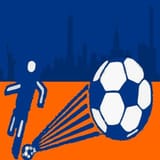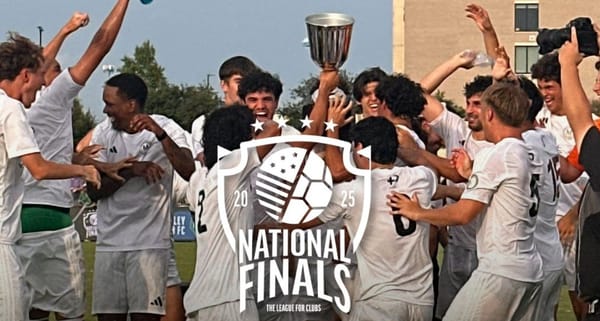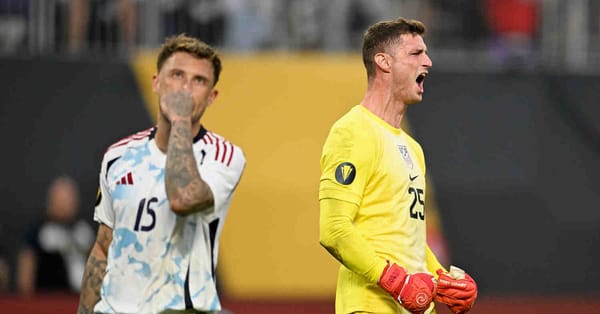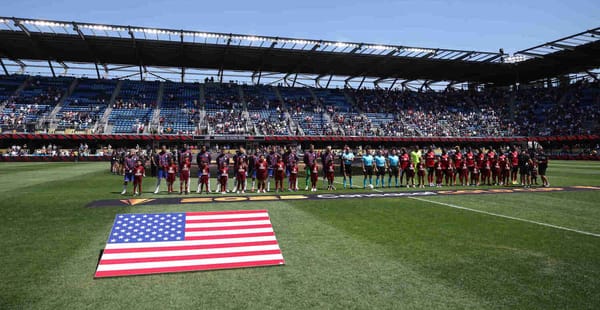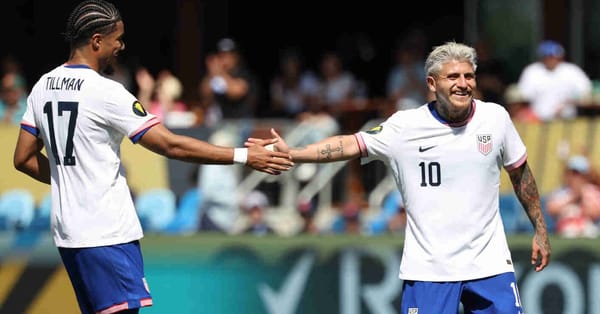Ryan Nelsen's 'Special Moment' At DC United And What Went Wrong For Freddy Adu
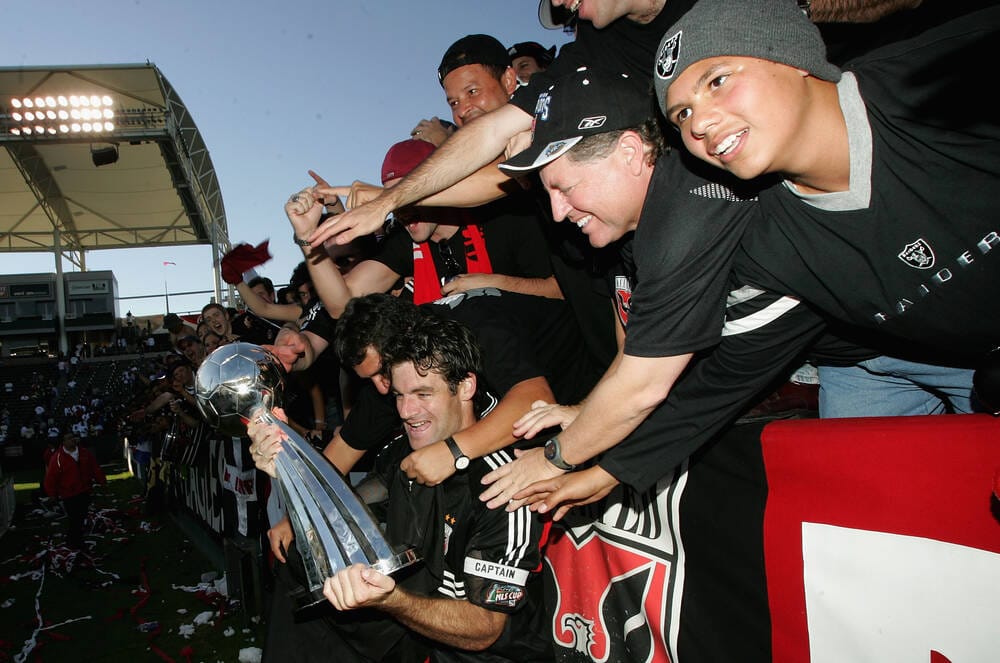
New Zealand defender Ryan Nelsen has spoken of his time playing for DC United between 2001 and 2004, describing what it was like to play in Major League Soccer during those uncertain years, and the mismanagement of American wonderkid Freddy Adu.
The future of MLS was in the balance in the early 2000s, and at one stage at the end of the 2001 season, it seemed like the league would fold altogether.
"My very first phone call when I was working for the family, November of 2001, we're in the [Kansas City] Chiefs' offices," FC Dallas president Dan Hunt told ESPN in 2016. "It's my dad Lamar, brother Clark, myself, and John Wagner.
"It's my very first day on the job and we're having a league call in November and the league folded. On my very first day on the job, it went out of business."
Lamar Hunt, one of the founders of MLS and one of the most important figures in the history of professional America soccer, was able to salvage the situation.
"My dad was able to call everybody," added Dan Hunt, "get 'em back, and within 48 hours everybody was back all in."
Nelsen had joined DC United in 2001, drafted fourth overall in the MLS SuperDraft from Stanford Cardinal. He went on to replace DC United and MLS legend Marco Etcheverry as captain and the team won the MLS Cup in 2004.
“The league was in a bit of trouble back when I initially joined," Nelsen told World Football Index. "But during my time with the club, it started growing out of that and slowly but surely evolving into what it is today.
“Being captain was a massive learning curve on leadership for me because I had to learn how to handle big personalities whereas I was maybe seen at times as just a little guy from New Zealand so it was important that I learned quickly in order to effectively lead the team to success and help everybody’s personalities move in one direction.
“Thankfully, I grew as an individual in those two years, and it culminated with one of the best experiences of my career by winning and captaining the team to MLS Cup success.
“No matter what I achieved in my career after that, I always look back and know that my time at DC United was one of the real special moments of my time in football.”
That 2004 MLS Cup final saw an appearance off the bench from 15-year-old Freddy Adu.
The teenager was hyped as the great hope for American soccer. There were comparisons to Pelé and as a 13-year-old he was featured in the then much-respected magazine, Sports Illustrated.
[embed]https://www.youtube.com/watch?v=0RHBRSj6ZLs[/embed]
But in the end, the hype was too much, and the care taken of his career too little.
“Playing with Freddy was such a unique situation because he had incredible attention from when he was about 14," says Nelsen.
“I don’t want to sound condescending, but his situation was handled extremely badly by everybody.
“People should hold their hands up for what went wrong in terms of how they handled this phenomenal talent at such a young, and by that, I mean American soccer and MLS.
“I’ve never seen a football player like him in my life and I think the league and the national association knew that they needed that type of player too.
“I think of it as being like the NBA which needed Larry Bird and Magic Johnson to show up with their big rivalry to help growth of the game.
“They thought that Freddy was going to be the tipping point and that they had the next big player in world football and if they could grow him in the league then the league could grow in leaps and bounds too.
“The special attention that he received was crazy. Just as an example, one day we’re training and Michael Johnson, the Olympic sprinter, turns up and they pull Freddie out of our training so he could do one-on-one with one of the best sprinters in the world, you know?
“He got that kind of treatment everywhere he went but nobody really looked after the kid. They gave him all the money and the bells and whistles but ultimately didn’t teach him that he didn’t have the foundation, as you shouldn’t when you’re 14, you know, just a kid.
“They didn’t really prepare him properly to handle and grow into what he potentially could be and unfortunately, he never really kicked on.
“I don’t blame Freddy at all. It was the environment and even us older players saw this was wrong, but again, the league kind of had the golden child. So, it was one of those really. I think everybody learned a lot from that whole scenario. It was a really fascinating time.”
